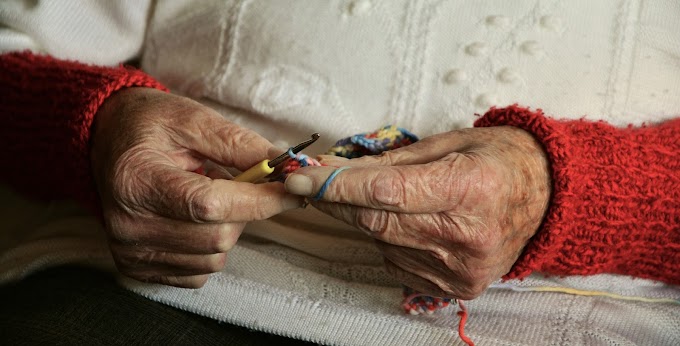The level of care required by a senior can vary greatly depending on their individual health, abilities, and support network.
Some seniors may be relatively independent and require minimal assistance, while others may have more complex care needs.
Here are the different levels of care commonly associated with seniors:
Independent living:
Seniors who are in good health and can manage their activities of daily living (ADLs), such as bathing, dressing, eating, and mobility, independently may require minimal care. They may benefit from services such as home maintenance, transportation assistance, or social support to enhance their quality of life.
Assisted living:
Seniors who need some assistance with ADLs or instrumental activities of daily living (IADLs), such as meal preparation, medication management, housekeeping, or transportation, may consider assisted living facilities or receive in-home assistance. These services provide support while allowing seniors to maintain a certain level of independence.
Skilled nursing care:
Seniors with complex medical needs or chronic health conditions may require skilled nursing care. This level of care is typically provided in nursing homes or long-term care facilities, where trained medical professionals can administer medications, provide specialized treatments, and offer round-the-clock supervision and support.
Memory care:
Seniors with Alzheimer's disease, dementia, or other cognitive impairments may require specialized memory care. These programs or facilities provide a secure environment, tailored activities, and trained staff who specialize in managing the unique challenges associated with memory loss.
Hospice or palliative care:
For seniors with advanced illnesses or nearing the end of life, hospice or palliative care focuses on providing comfort, pain management, and emotional support. These services prioritize the quality of life and aim to enhance the well-being of the seniors and their families during this stage.
The specific care needs of a senior should be assessed on an individual basis, considering their physical health, cognitive abilities, emotional well-being, and social support. It's advisable to involve healthcare professionals, such as geriatricians, social workers, or care managers, who can help evaluate the level of care required and recommend appropriate services and resources.
Our Address:
Hope Diagnostics and Research Laboratory
Unit-3, 34, behind Ram Mandir, Ekamra Vihar, Kharvela Nagar, Bhubaneswar, Odisha 751001
Call Us: 09238582444 / 7894132927









